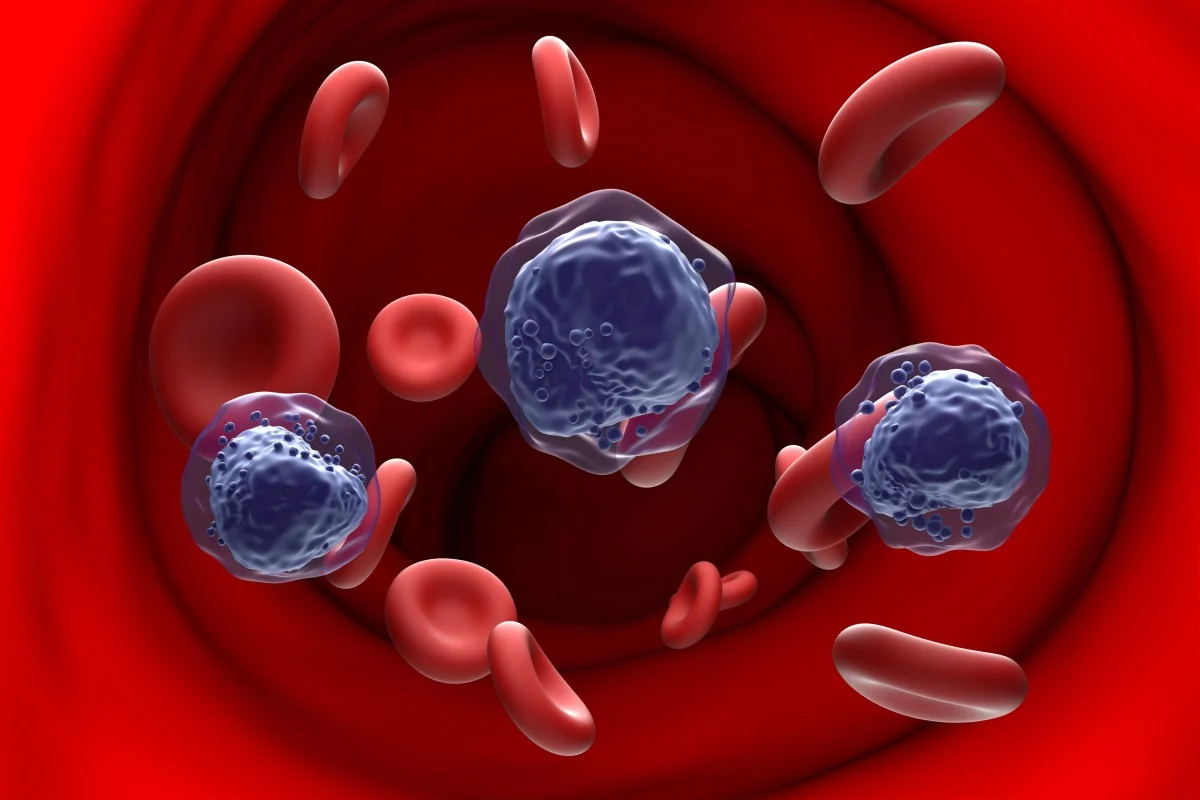A new 10-minute bone marrow test could significantly improve the survival chances of patients with acute myeloid leukaemia (AML), a rare and aggressive form of blood cancer. This highly sensitive procedure, performed under local anaesthetic with a needle inserted into the hip bone, detects traces of residual disease that may not yet appear in standard blood tests. By identifying the RNA unique to leukaemia cells, this test enables earlier intervention, potentially doubling survival rates for some patients.
AML causes the bone marrow to generate abnormal blood cells and is most common in individuals over the age of 75. While patients in remission are typically monitored through periodic blood tests, these do not always detect early signs of relapse. The new approach, trialled in a study led by King’s College London and published in The Lancet Haematology, supplements standard blood tests with quarterly bone marrow checks.
The study involved 637 patients in remission from AML and focused on individuals with mutations in the NPM1 and FLT3 genes, which are common in younger patients. Participants were divided into two groups: one receiving standard care and the other receiving additional bone marrow tests every three months. Results revealed that around one-third of those who received the extra testing had a doubling of their survival rate compared to those monitored with blood tests alone.
Professor Nigel Russell, the trial’s lead investigator and a consultant at Guy’s and St Thomas’ NHS Foundation Trust, explained that the key advantage lies in the window of opportunity the test provides. Detecting disease recurrence early means that patients can begin treatment while they are still physically well, reducing the need for emergency hospitalisation and allowing for outpatient care in some cases. Early intervention can include chemotherapy and, if needed, bone marrow transplants.
Jane Leahy, a participant in the trial, credits the test with saving her life. Diagnosed at 41 and initially declared in remission, her bone marrow test soon after revealed residual disease. Further treatment, including a stem cell transplant from her sister, led to her continued remission nearly a decade later. She believes the test gave her doctors vital time to act, stressing that for a disease as fast-moving as AML, every moment counts.
Experts now hope this test will become standard practice for AML patients worldwide.
READ MORE:
